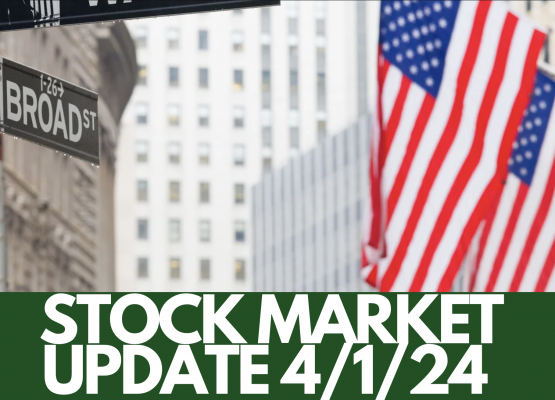As an investor, you might have often heard of the term “inflation,” a complex economic phenomenon that subtly yet profoundly impacts the value of your investments. However, the way inflation influences various investment assets like stocks, bonds, and ETFs isn’t necessarily intuitive. Thus, it’s essential to understand the pervasive effects of inflation, not just on your personal finances, but on companies, economies, and the global market. This knowledge will allow you to better strategize your investments and hedge against potential losses.
Inflation Defined
Inflation refers to the general increase in the price of goods and services over time, reducing purchasing power. It’s primarily measured by the Consumer Price Index (CPI) and the Producer Price Index (PPI). Central banks strive to maintain an ideal inflation rate—usually 2-3% per year—to promote economic growth while preventing deflation (a decline in prices) or hyperinflation (uncontrollable rapid inflation). However, even mild inflation can significantly erode the value of non-investment income and savings over time.
The Impact of Inflation on Companies
Inflation has a mixed effect on companies. On the one hand, companies can pass the rising costs to consumers, protecting their profit margins. As a result, they might witness increased nominal revenue and profit, which can, in turn, positively influence stock prices.
On the other hand, when inflation is high or unpredictable, it can lead to increased input costs, making it harder for companies to plan for the future. High inflation can also lead to decreased consumer spending, as people struggle with the increased cost of living. Additionally, companies with substantial debt can benefit from inflation as it reduces the real cost of their obligations, while it could hurt companies that are cash-rich.
The Impact of Inflation on Economies
At a macro level, inflation can stimulate economic activity by encouraging spending and investment, preventing the economic stagnation associated with deflation. However, high and volatile inflation can have damaging effects, eroding purchasing power, causing uncertainty, and potentially leading to recessions.
Central banks use monetary policies, including interest rates and open-market operations, to control inflation. When inflation is high, central banks usually raise interest rates to slow down the economy and bring inflation under control. These high-interest rates, in turn, can significantly impact investment returns.
The Impact of Inflation on Investment Portfolios
Stocks
In the stock market, moderate inflation can signal a healthy economy and can boost corporate earnings, leading to higher stock prices. However, high inflation can lead to increased input costs for companies, reducing their earnings and potentially decreasing stock prices. Additionally, high inflation often leads to higher interest rates, which can reduce the attractiveness of stocks compared to safer investments like bonds.
Bonds
Bonds are often considered less inflation-friendly. When inflation rises, the fixed interest payments of bonds become less valuable in real terms, leading to a decrease in bond prices. Additionally, if central banks raise interest rates to combat inflation, newly issued bonds with higher coupon rates make the existing bonds less attractive, driving their prices down.
Exchange-Traded Funds (ETFs) and Mutual Funds
The impact of inflation on ETFs and mutual funds depends largely on their holdings. If they hold assets that are sensitive to inflation, like bonds, their value may decrease. However, some ETFs are specifically designed to hedge against inflation, like those holding Treasury Inflation-Protected Securities (TIPS) or commodities, which traditionally do well during inflationary periods.
Real Estate
Real estate can serve as a good hedge against inflation, as property values and the amount landlords can charge for rent often increase with inflation. Real Estate Investment Trusts (REITs) can offer a way to invest in real estate without the need to own property directly.
Protecting Your Investments from Inflation
There are several strategies investors can use to hedge against inflation. These include diversification, investing in inflation-protected securities (like TIPS), real estate, and even commodities like gold. Some investors also look towards international markets that may not be experiencing the same inflationary pressures.
An investor’s ability to navigate the impacts of inflation on their portfolio often hinges on their understanding of the economy and individual asset classes. Moreover, the unpredictability of economic conditions calls for regular monitoring and rebalancing of investment portfolios to align with changing inflationary trends.
In conclusion, understanding inflation’s impacts is crucial for investors looking to preserve and grow their wealth. While inflation can undoubtedly present challenges, with knowledge and proactive investment strategies, these can be transformed into opportunities for financial growth.




